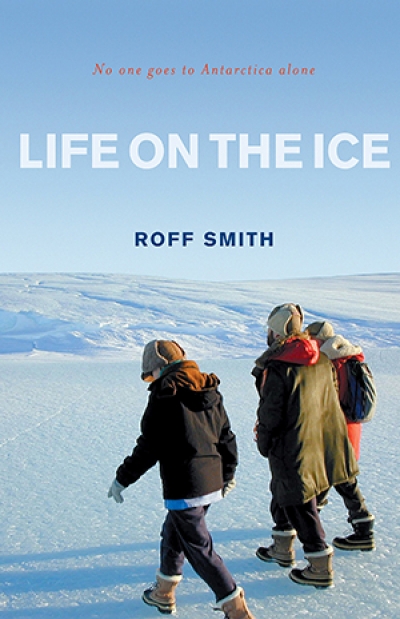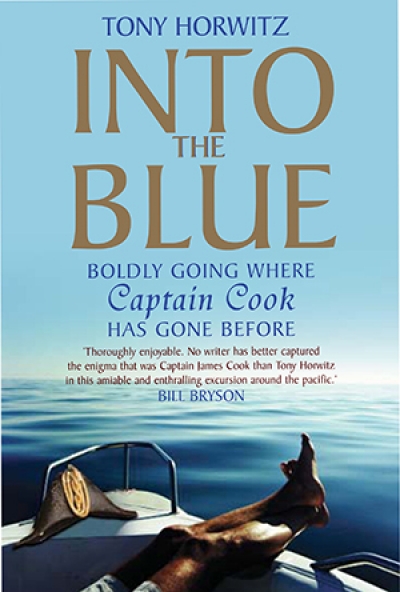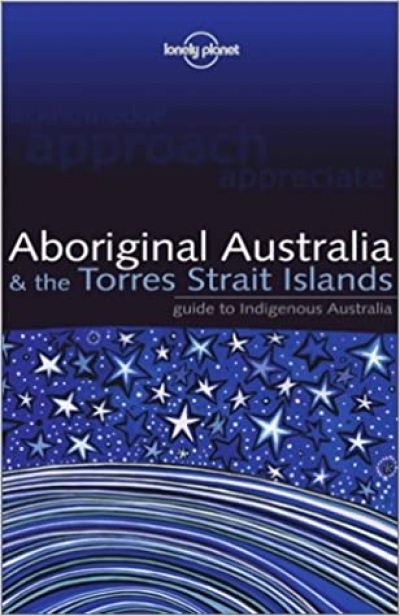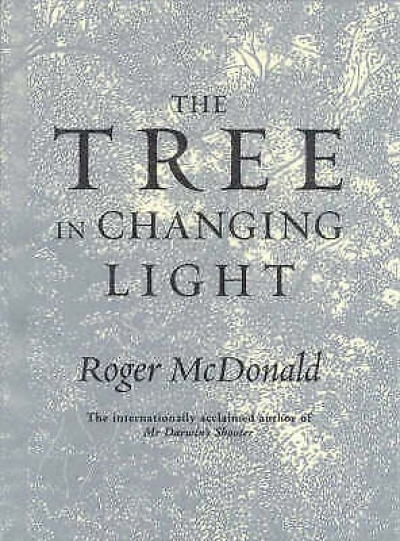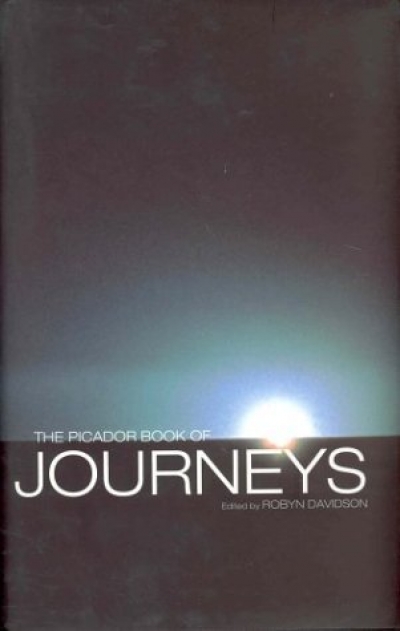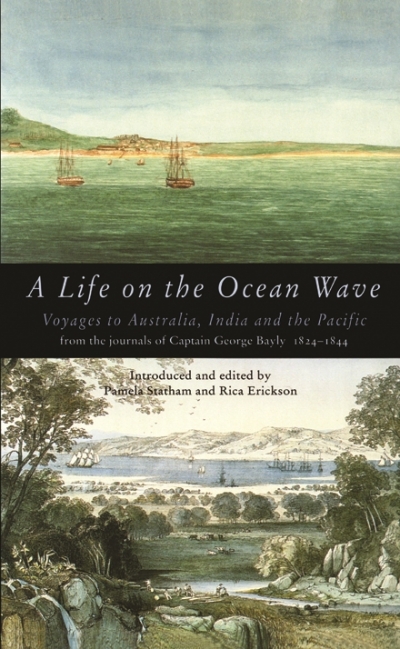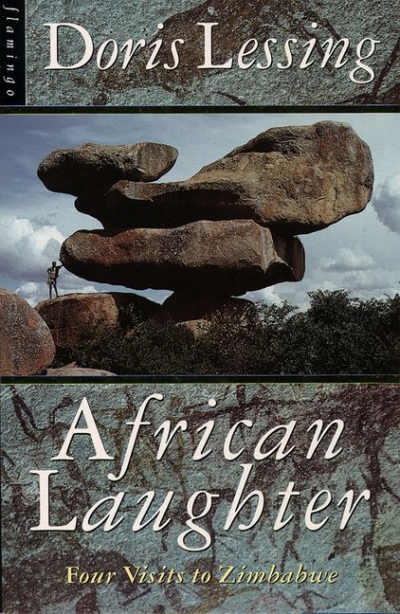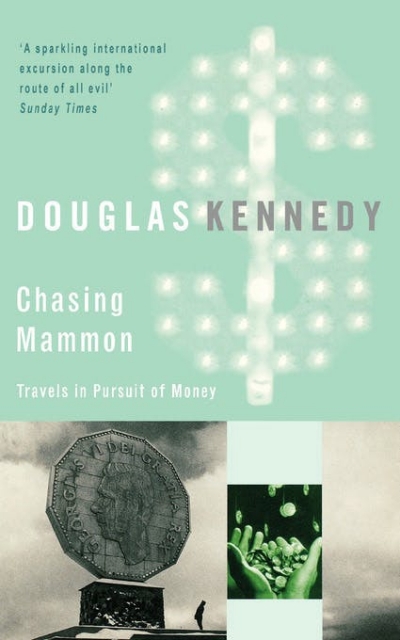Travel
Into the Blue: Boldly going where Captain Cook has gone before by Tony Horwitz
by Brigid Hains •
Aboriginal Australia & the Torres Strait Islands: Guide to Indigenous Australia by Sarina Singh
by Bruce Sims •
A Life on the Ocean Wave: Voyages to Australia, India and the Pacific from the journals of Captain George Bayly 1824–1844 edited by Pamela Statham and Rica Erickson
by Greg Dening •
Chasing Mammon: Travels in the Pursuit of Money by Douglas Kennedy
by Rosemary Sorensen •

